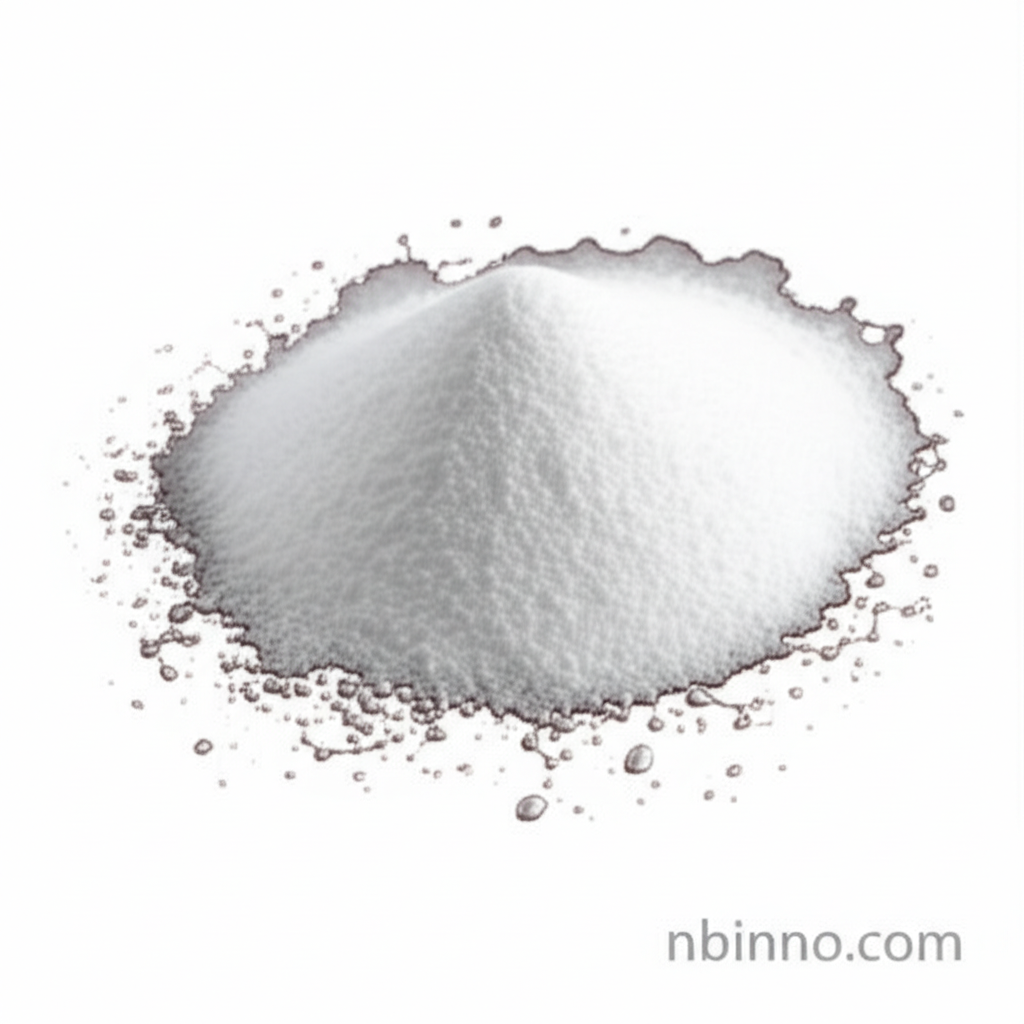Poly(Propylene-co-Ethylene) (CAS 9010-79-1): Enhancing Lubricant Performance
Discover the advanced properties and diverse applications of Poly(Propylene-co-Ethylene), a key component in modern lubricant formulations. Learn how this copolymer improves viscosity, stability, and performance across various industrial needs.
Get a Quote & SampleProduct Core Value

Poly(Propylene-co-Ethylene)
As a trusted supplier in China, we offer Poly(Propylene-co-Ethylene) (CAS 9010-79-1), a sophisticated copolymer known for its exceptional performance in lubricant applications. Its unique chemical structure provides superior shear stability and excellent low-temperature characteristics, making it an ideal choice for high-grade lubricants. We ensure high purity and consistent quality as a leading manufacturer in China.
- Explore the benefits of using Polypropylene co Ethylene copolymer properties for enhanced lubricant formulation. This material is engineered to deliver optimal performance across a wide range of operating conditions.
- Leverage the advantages of Ethylene Propylene Copolymer lubricant additive for superior engine oil performance. Its excellent thickening ability ensures consistent lubrication, reducing wear and tear.
- Investigate CAS 9010-79-1 viscosity index improver for demanding industrial applications. This polymer's stability under stress makes it invaluable for high-performance lubricants.
- Benefit from the advanced EPM polymer applications in modifying rheological properties of various fluids. Its compatibility and efficacy are proven in diverse industrial settings.
Key Advantages
Enhanced Shear Stability
Poly(Propylene-co-Ethylene) offers remarkable shear stability, ensuring that lubricants maintain their viscosity and protective film under mechanical stress, a critical factor in high-performance engines. This is a key aspect of understanding high shear stability lubricant modifier benefits.
Superior Low-Temperature Performance
The copolymer exhibits excellent low-temperature properties, contributing to improved fluidity and operability of lubricants in cold environments. This makes it a vital component for lubricants used in extreme weather conditions.
Effective Viscosity Modification
As a viscosity index improver, this material effectively reduces the rate of viscosity change with temperature, ensuring optimal lubrication across a broad operational temperature range, a core function of Ethylene Propylene Copolymer lubricant additive.
Key Applications
Lubricant Industry
Primarily used as a viscosity index improver (VII) in engine oils and industrial lubricants to enhance their viscosity-temperature characteristics. The Polypropylene co Ethylene copolymer properties are vital here.
Polymer Modification
Can be used to modify the properties of other polymers, impacting flexibility, toughness, and processability in applications like thermoplastic adhesives and roofing membranes.
Industrial Fluids
Applicable in various industrial fluids where stable viscosity and thermal resistance are crucial for performance and longevity.
Specialty Chemicals
Serves as a valuable component in specialty chemical formulations requiring specific rheological properties and material enhancements.
